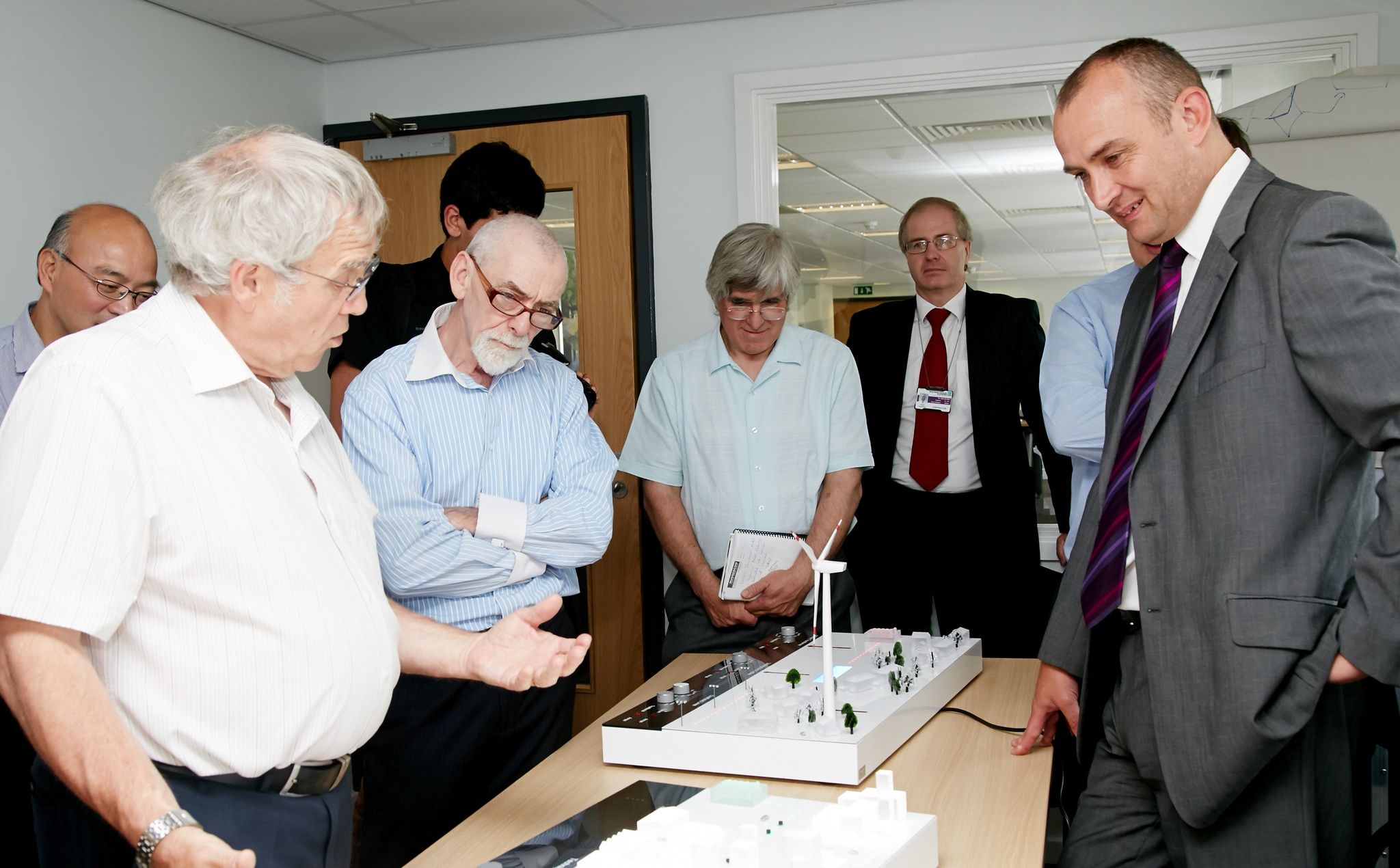Falcon flies the flag for innovation
Project FALCON (Flexible Approaches to Low Carbon Optimised Networks) aims to reduce the carbon emissions levels within the electricity network. It is trialling six ‘smart’ techniques as an alternative to network reinforcement, understanding more about 11kV electricity network and how to make it work harder and more efficiently, while securing supplies and supporting quicker and cheaper installation of generating equipment in future, such as solar panels.

Telecommunication is required to support the techniques. But rather than standard equipment, FALCON is installing pioneering technology that enables substations to communicate across a lower bandwidth, improving network communications.
The Joint Radio Company (JRC), a joint venture company of National Grid and the Energy Networks Association, who manage a number of communications bands within the UK, recently visited WPD’s newly built test laboratory in Milton Keynes and was so impressed they decided to use it as a case study.
“The FALCON project is attracting a lot of attention both within the UK and internationally” commented Adrian Grilli, Managing Director of JRC. “Utilities around the world are trialling various smart grid technologies at different radio frequencies to judge which are the most suitable in a particular situation. Milton Keynes is a very leafy town, so we’re keen so see how well the technology copes with the leaves – especially wet leaves. People wouldn’t want their electricity to be interrupted by the ‘wrong sort of leaves’. FALCON will provide a rich source of data to analyse these challenges."
The laboratory replicates the local network and the technology deployed for FALCON. This enables engineers to test and monitor the equipment in a controlled environment, where problems can be spotted and resolved before it is used on site. The laboratory has remote access for engineers to access and test the kit away from the depot.
“We are installing technology at 200 substations across Milton Keynes – the first time some of this equipment has been installed in large numbers in Europe and a first for the industry,” said Sanna Atherton, FALCON’s Project Manager.
“Low voltage monitoring data from the devices at the substations can now be sent to our Control Centre where it was not possible before. The FALCON telecoms solution is enabling the smart grid of the future by providing the communications infrastructure backbone that it needs.”
“FALCON looks at a small area of the network in a new way and this is providing us with a number of key insights for the future management and operation of our network – both the power network and the communications network that supports it,” said Sanna.
- Innovation
